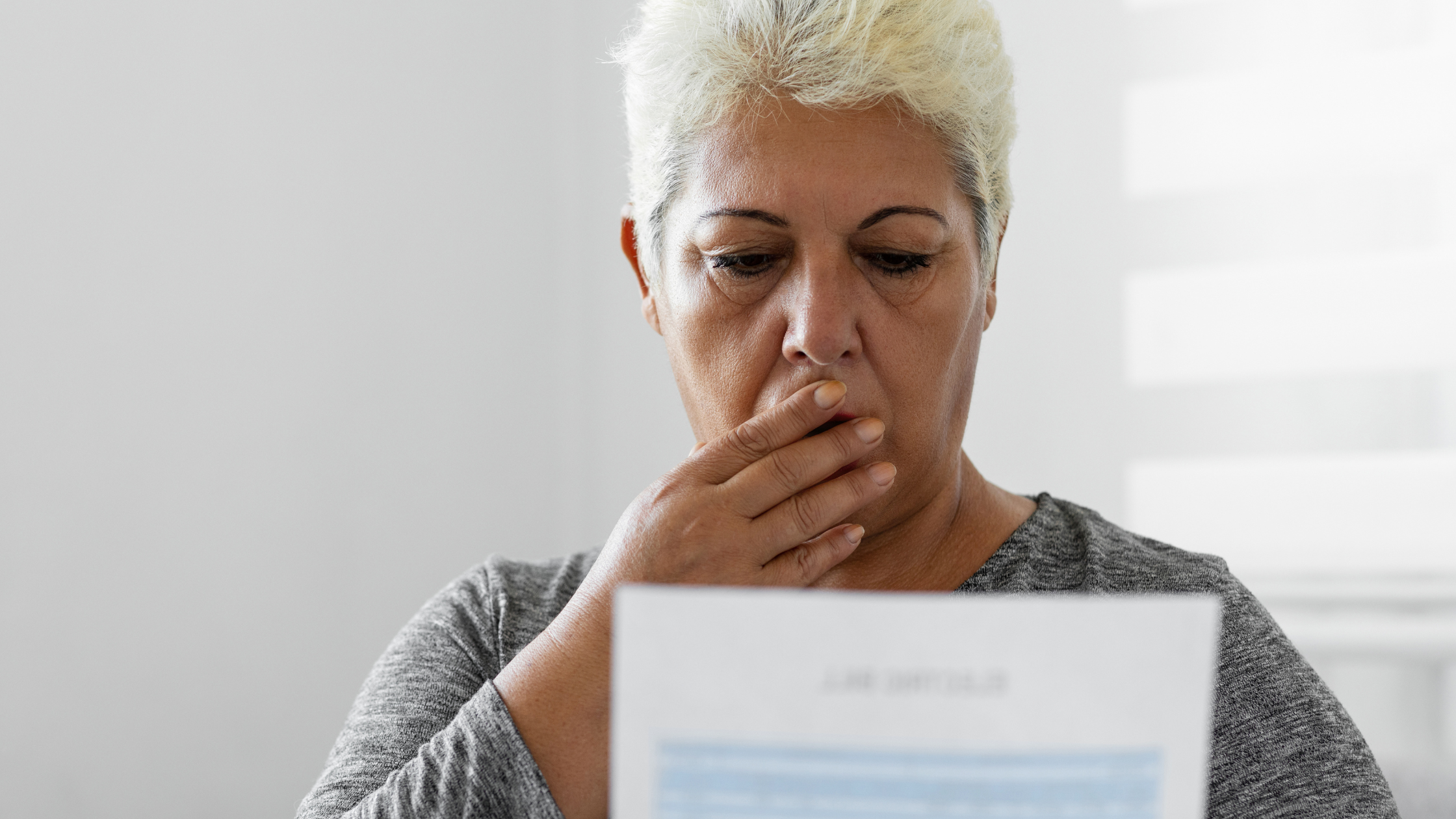Energy bills can be a significant expense for many households in New Zealand and Australia. With the rising cost of electricity and a growing awareness of the environmental impact of energy consumption, finding ways to lower your energy bill has never been more important. In this blog post, we will provide you with the top ten tips to help you reduce your energy costs while minimising your carbon footprint.
1. Upgrade to Energy-Efficient Appliances
Investing in energy-efficient appliances can significantly reduce your energy consumption. Look for products with high Energy Star ratings, as they are designed to use less energy while still delivering top-notch performance.
2. Install LED Lighting
Traditional incandescent bulbs with LED lights can lead to substantial energy savings. LED bulbs use up to 80% less energy and last much longer than their incandescent counterparts.
3. Seal Leaks and Insulate
Ensure that your home is properly sealed and insulated. Drafts and poor insulation can cause your heating and cooling systems to work harder, leading to higher energy bills. Consider sealing gaps around doors and windows and adding insulation to your attic and walls.
4. Optimise Your Heating and Cooling Systems
Regularly maintain and service your heating and cooling systems to keep them running efficiently. Additionally, installing a programmable thermostat can help you regulate your home’s temperature more effectively, saving energy and money.
5. Use Natural Lighting and Ventilation
Take advantage of natural light during the day by opening curtains and blinds. Similarly, promote natural ventilation by strategically opening windows to allow cool breezes to circulate during summer months.
6. Unplug Devices When Not in Use
Many electronic devices continue to draw power even when they are turned off. To combat this “phantom energy” consumption, unplug devices or use smart power strips to cut power to multiple devices at once.
7. Wash Clothes with Cold Water
Most of the energy used by washing machines goes toward heating the water. Switch to cold water for washing your clothes whenever possible. Modern detergents are formulated to work effectively in cold water.
 8. Air Dry Your Clothes
8. Air Dry Your Clothes
Utilise the natural drying power of the sun and wind by air drying your clothes instead of using a dryer. Not only will you save energy, but your clothes will also last longer.
9. Cook Efficiently
When cooking, use the right-sized pot or pan for the job, and keep lids on pots to retain heat. Also, consider using a microwave or toaster oven for small cooking tasks, as they are more energy-efficient than traditional ovens.
10. Consider Solar Panels
If you’re in a position to invest in solar panels, it can be a long-term solution to reduce your energy bills significantly. Solar panels harness the power of the sun to generate electricity and can even earn you credits for the excess energy you produce.
By implementing these energy-saving tips, you can make a positive impact on both your energy bills and the environment. Lowering your energy consumption not only saves you money but also reduces your carbon footprint, contributing to a more sustainable future for New Zealand and Australia. Start making these changes today, and watch your energy bills shrink while you help protect our planet.





